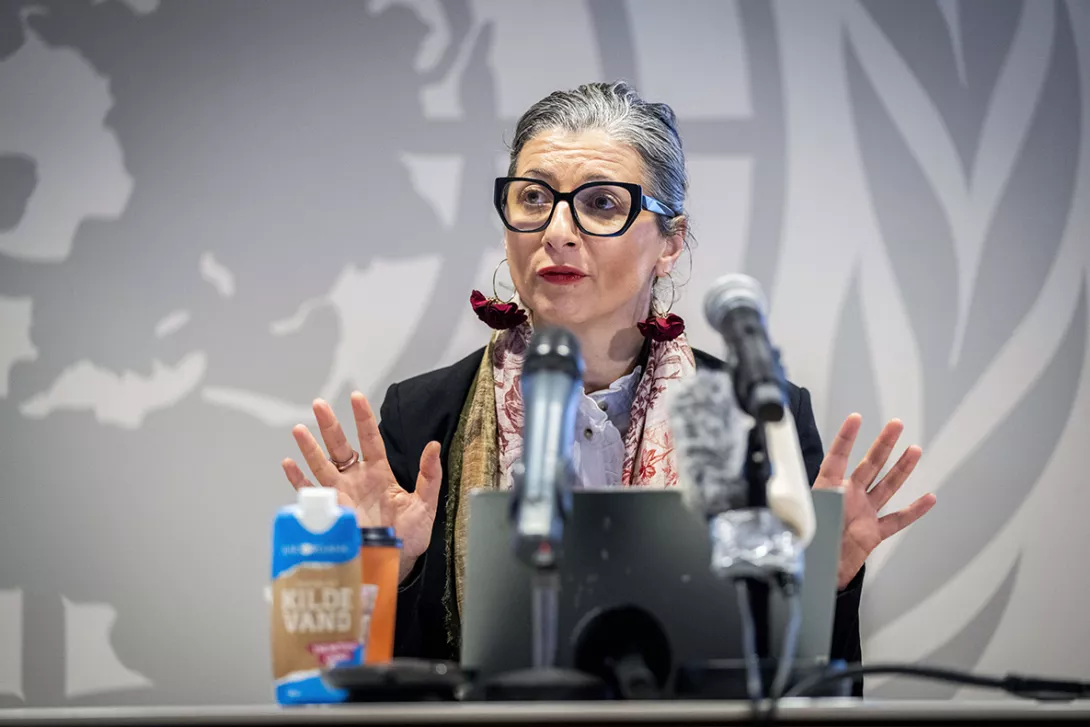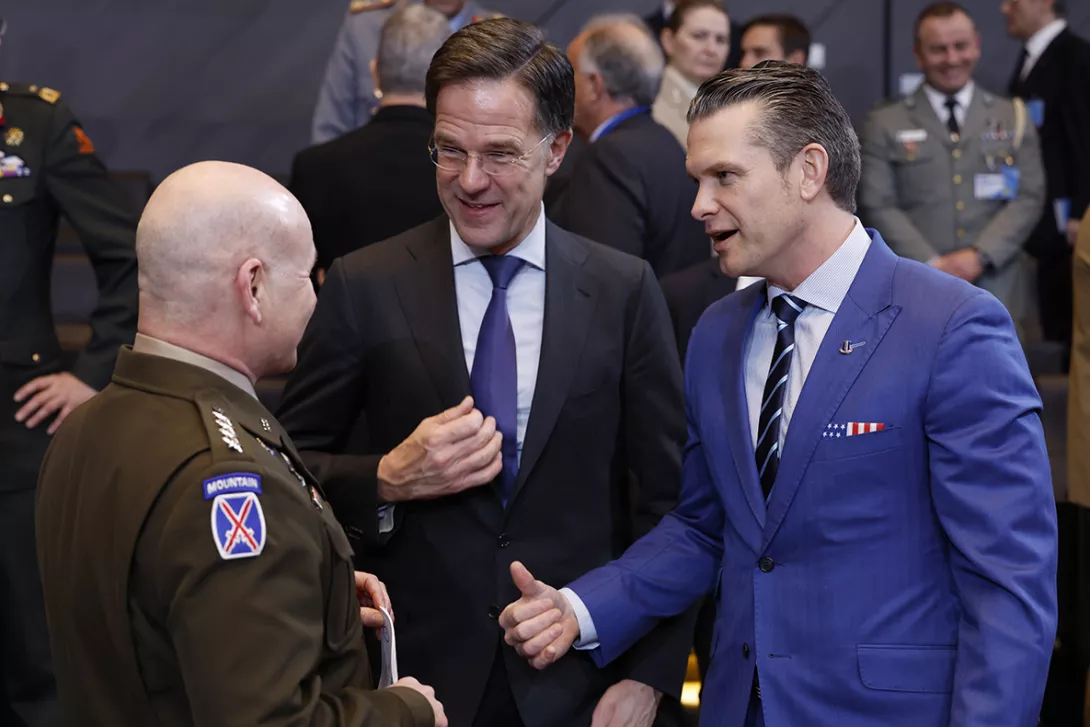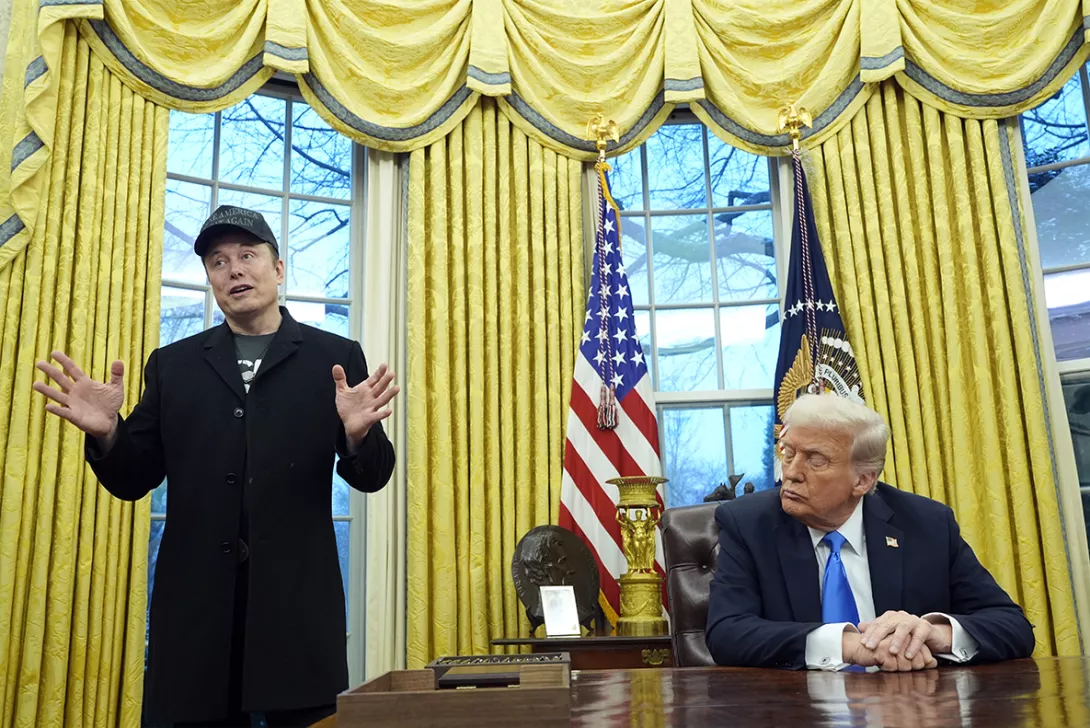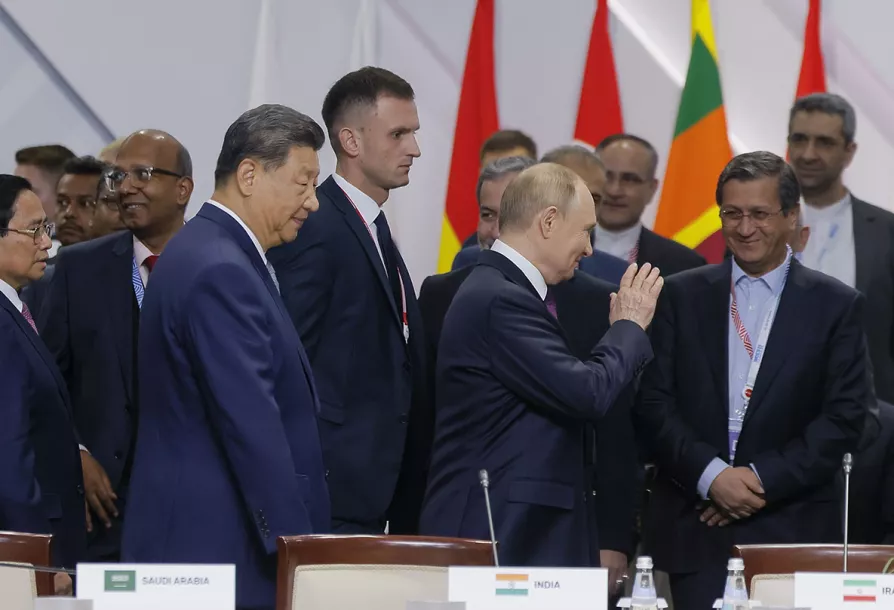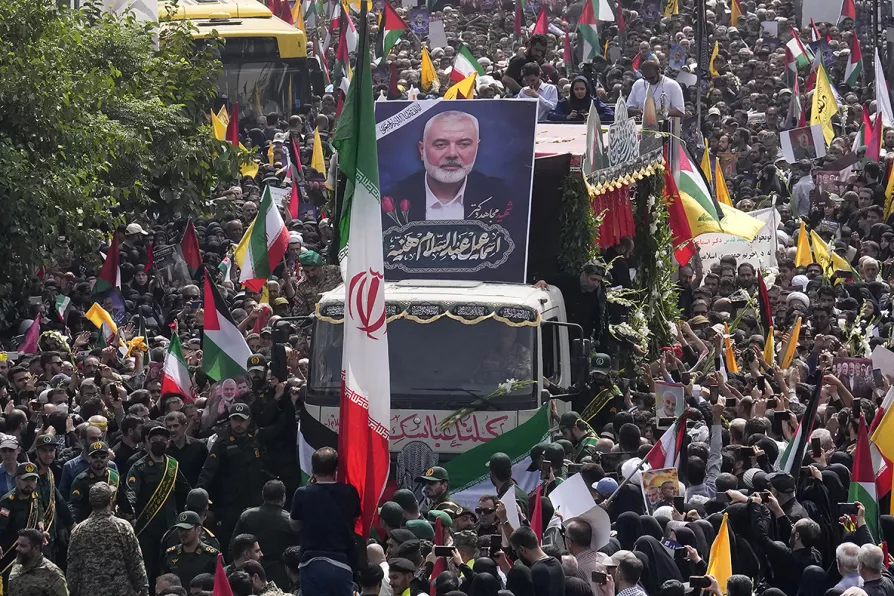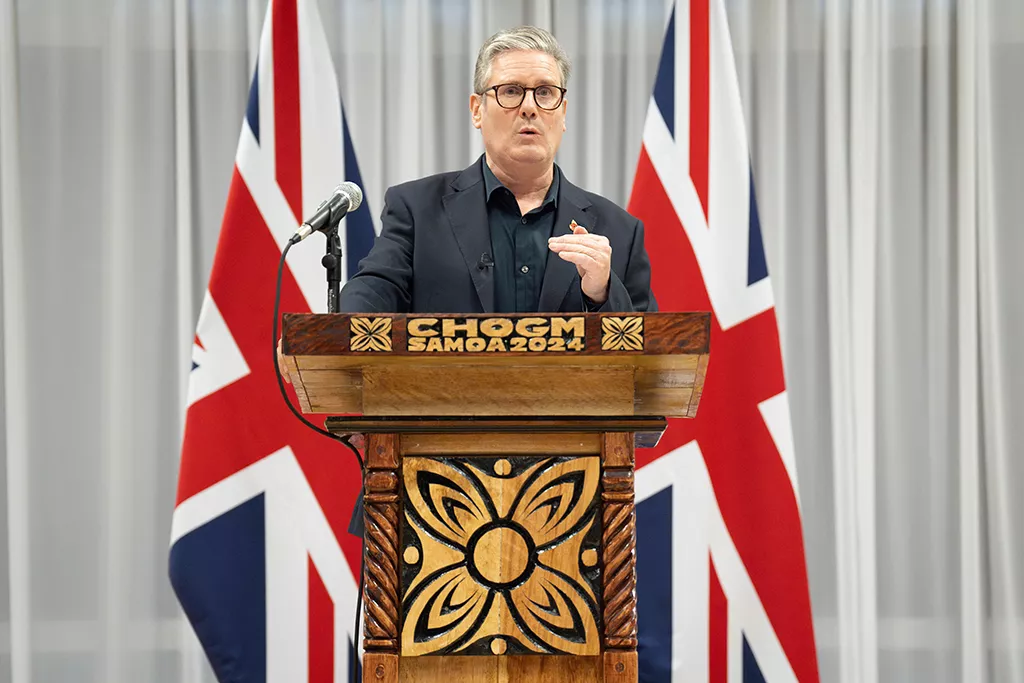
THERE is grim symbolism in Keir Starmer defending Israel’s attack on Iran at the Commonwealth summit in Samoa.
He stands as a representative of imperialism at a conference of countries once part of Britain’s empire.
The formal empire is gone, but the chains of economic domination have shackled many former colonies ever since.
The world’s resources are still controlled by a handful of Western companies. Its financial system is policed by two Washington-based institutions, the World Bank and the International Monetary Fund (IMF).
Many global South countries are heavily indebted as a result of past Western “assistance.”
The recent inflationary crisis massively increased the cost of servicing that debt, to a record $443.5 billion (£340bn) last year, according to that same World Bank. “The increase in costs shifted scarce resources away from critical needs such as health, education, and the environment,” the bank sighed.
Help is available in the form of debt relief for those countries willing to accept the World Bank or IMF’s terms. Which, in the form of deregulating and opening markets to foreign “investment,” perpetuate the control of resources by Western companies that traps them in poverty to begin with.
This puts in context Starmer’s refusal to pay reparations for the slave trade, which was foundational to the British empire. He claims to want to look forward, not back: but the system of imperialism is still with us, and the countries calling for reparation are still paying the price.
Starmer lost his battle in Samoa. Britain failed to keep the issue of reparations off the final communique, which calls for “a meaningful, truthful and respectful conversation towards forging a common future based on equity,” in response to “calls for discussions on reparatory justice with regard to the transatlantic trade in enslaved Africans.”
The summit can’t force Britain to cough up. But the diplomatic defeat shows the world is changing.
The “common future based on equity” is not possible within the framework of the existing system.
This system is termed in the West the “rules-based international order,” but it is anything but rules-based. And Starmer in Samoa underlined that by insisting that Israel, which bombed Iran on Saturday, “has the right to defend itself against Iranian aggression.”
The world knows that Israel, not Iran, is the aggressor. Against Iran directly — because Iran’s earlier strikes on Israeli air bases were a response to Israeli outrages including the assassination of Hamas leader Ismail Haniyeh in the Iranian capital and the bombing of an Iranian consulate in Syria.
Against Lebanon, where it is flattening neighbourhoods, attacking UN peacekeepers and threatening to incinerate hospitals as it has so horrifically done in Gaza.
And against Palestine, where it is committing genocide, massacring civilians and preventing access for food and medicines to northern Gaza in what looks like a systematic effort to maximise the loss of life.
Israel is the aggressor, whatever Hamas did a year ago, because Israel is illegally occupying and settling Palestinian land. And until Israel ends the occupation of Palestine — as the United Nations has instructed it to do within a year — it remains the aggressor in all its conflicts with Palestinian groups.
Britain stands with that aggressor. Or rather, the British state does: the British people do not, as shown by the huge Palestine solidarity movement.
Starmer boasts about this shameful stance at a summit bringing together Britain and its colonial victims.
But the imperial order he represents is increasingly rejected by the global majority, just as new formations like the Brics and new investment vehicles like the Belt & Road Initiative begin to challenge the old rich in the G7 and their pet financial institutions.
One way or another, that global majority will build its “common future based on equity.” Britain can keep fighting to stop it: but in doing so it acts against the interests and wishes of the majority in this country too.











